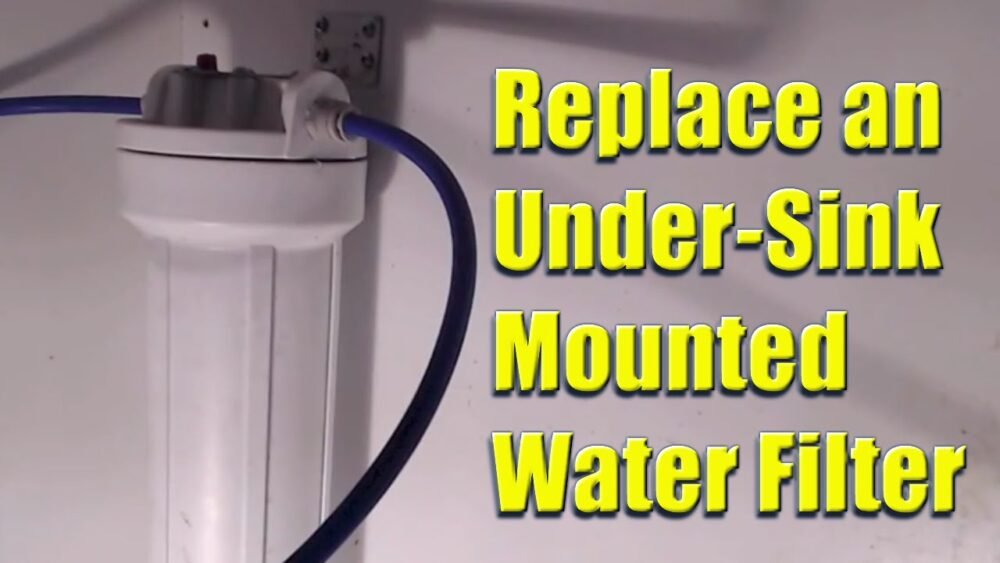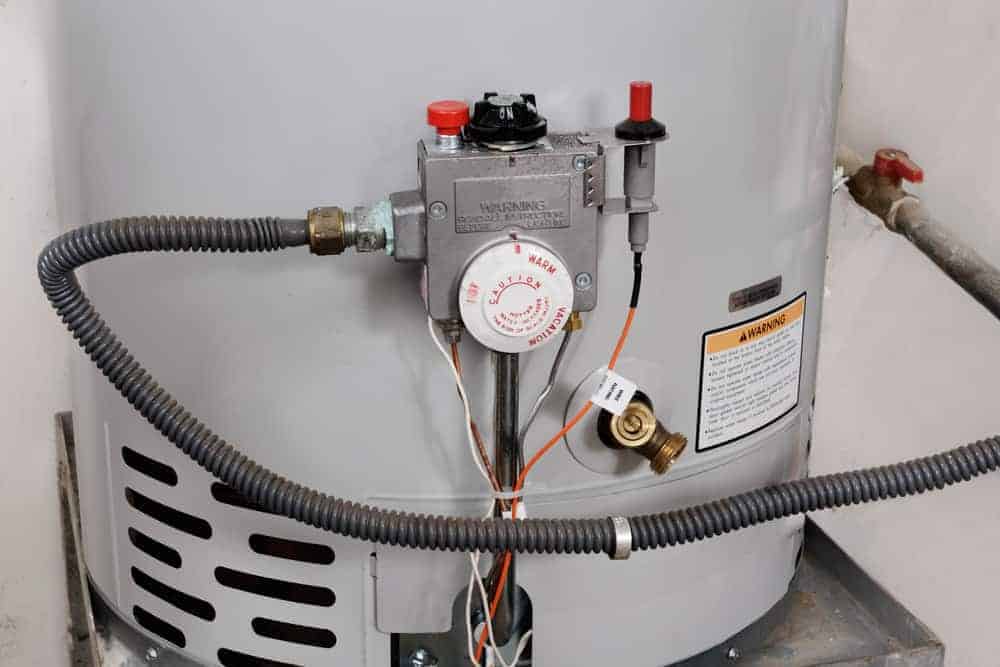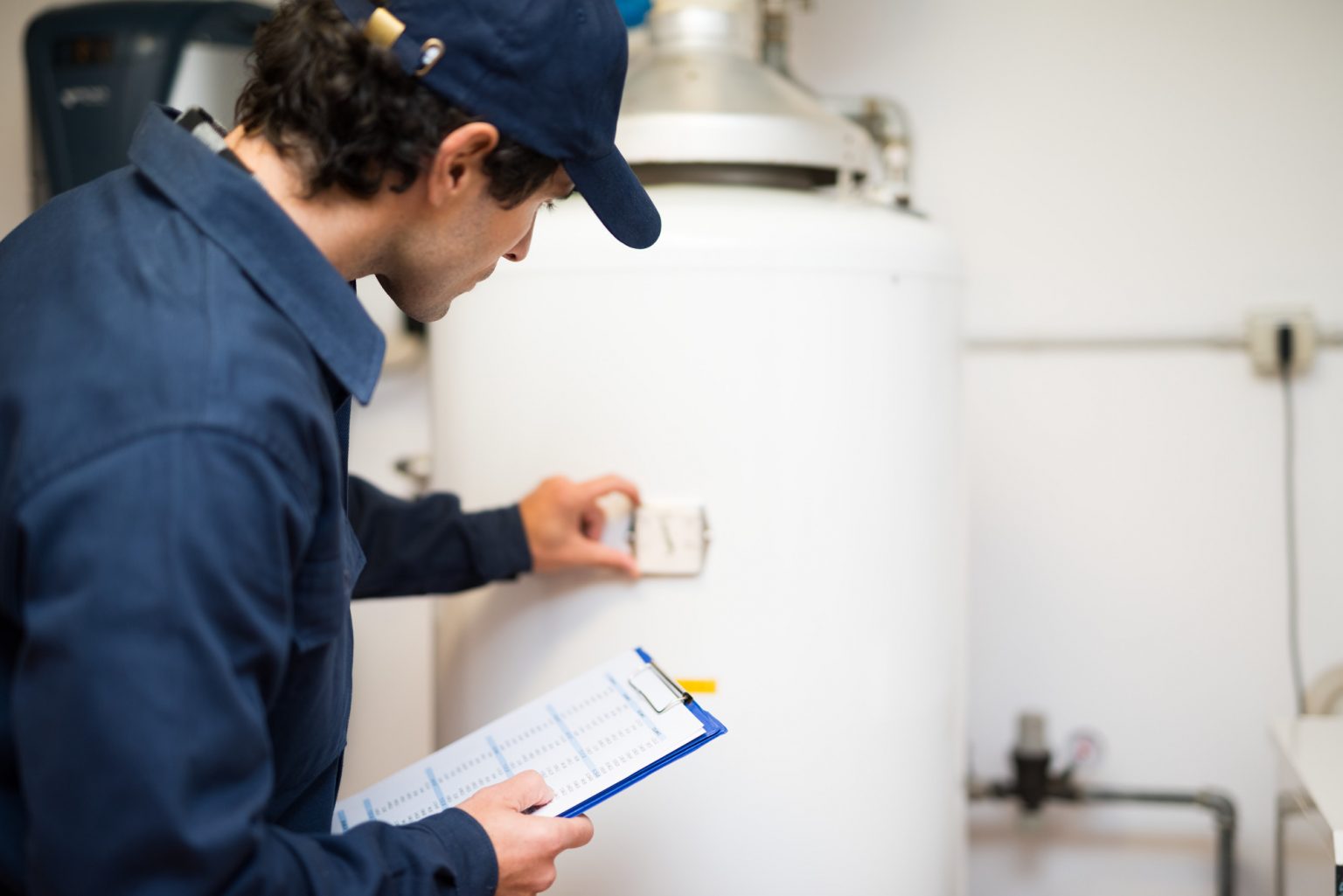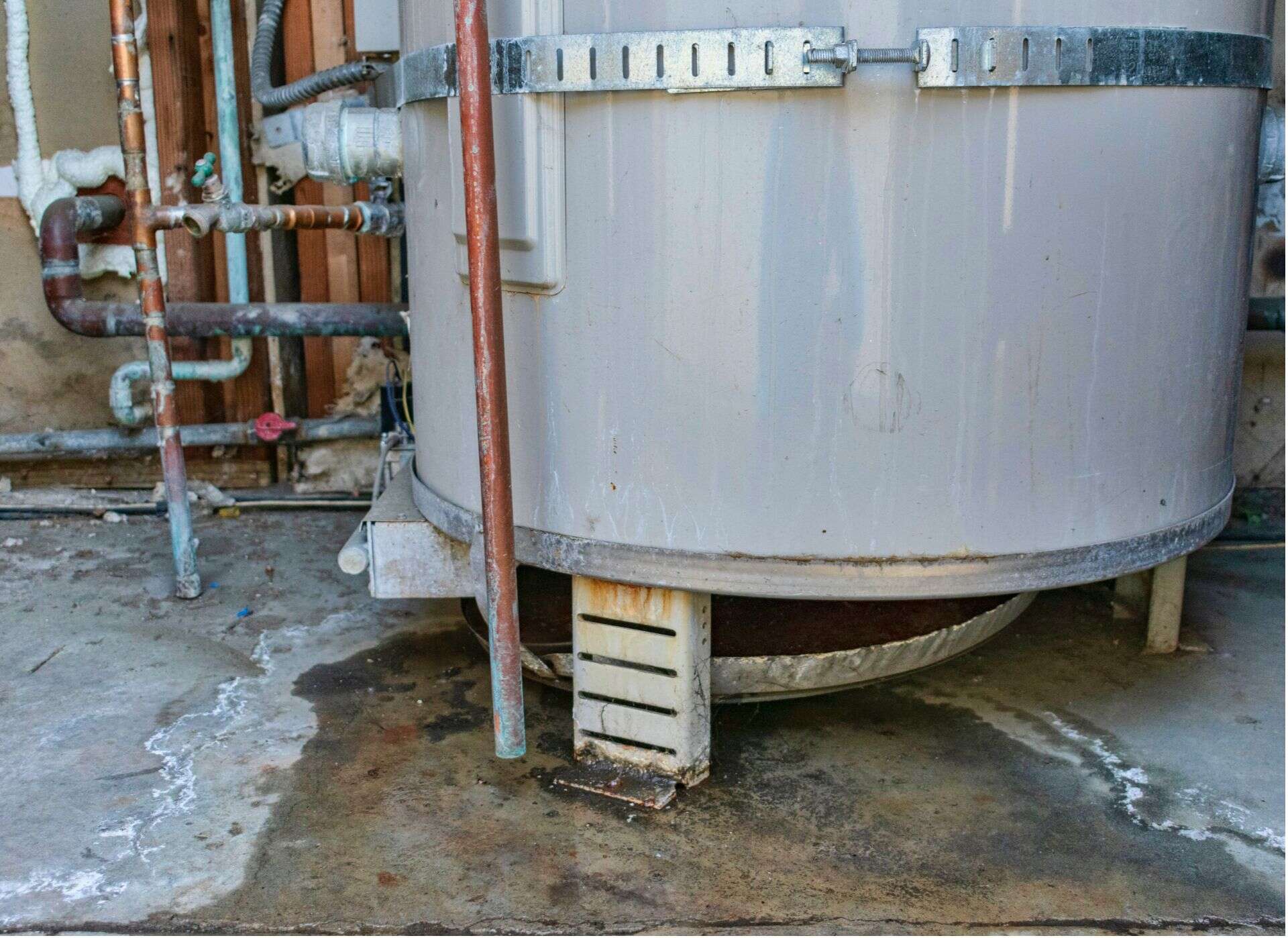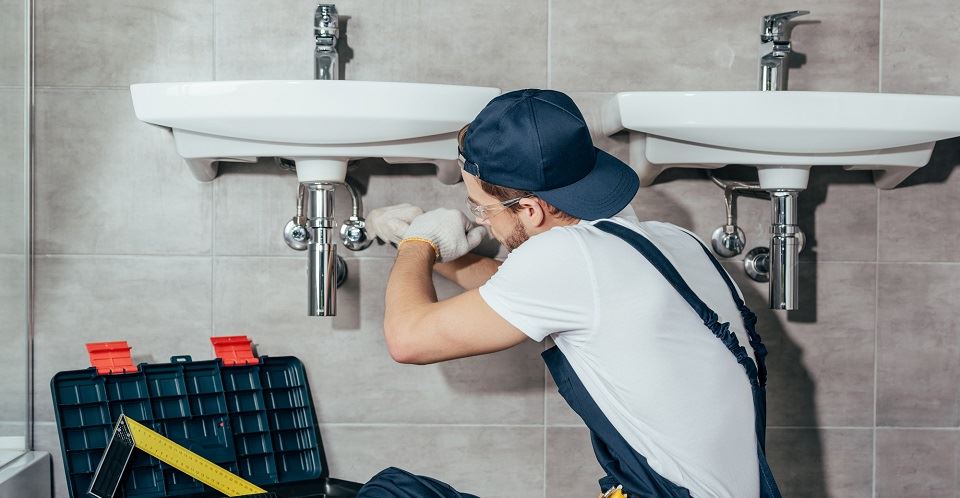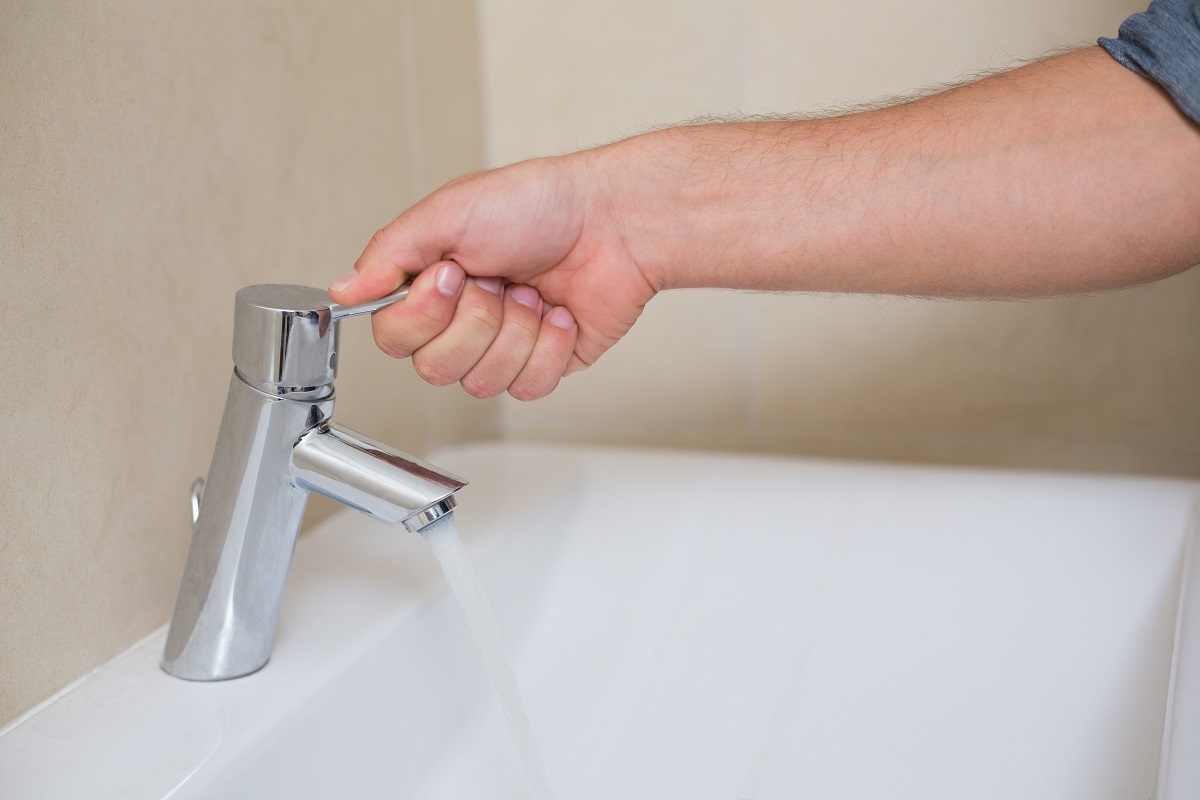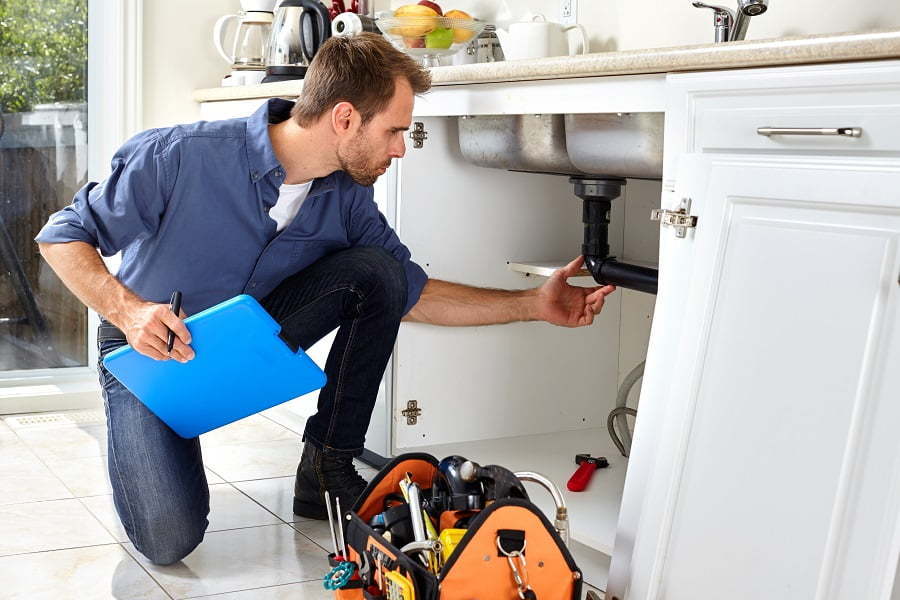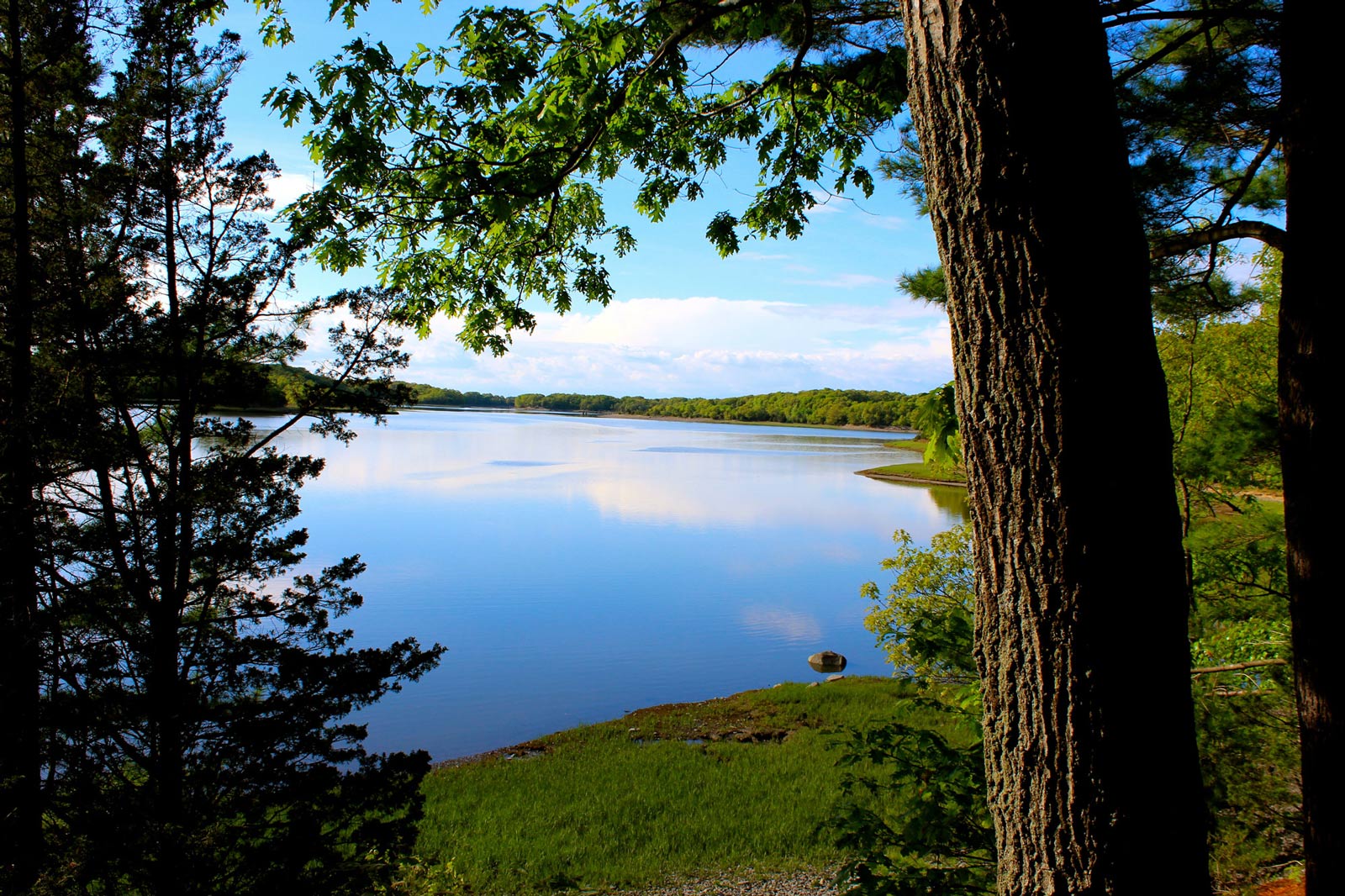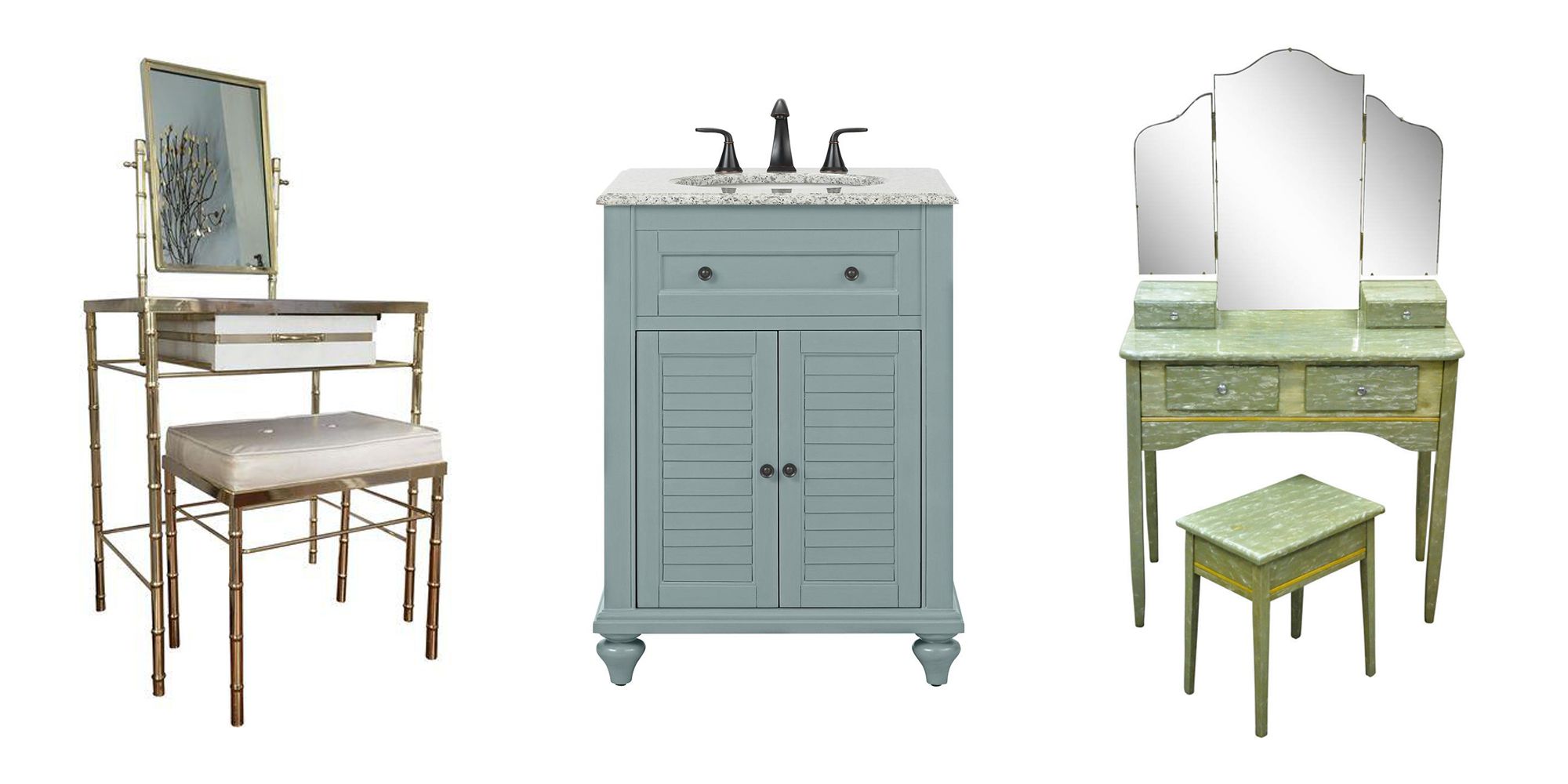Check the water supply
If your kitchen sink suddenly stops producing water, the first thing you should check is the water supply. Sometimes, there may be an issue with the main water line or a valve may have been accidentally turned off. Make sure to check all the valves and knobs that control the water flow to the kitchen sink and ensure they are fully open. If the water supply seems to be fine, then the problem may lie elsewhere.
Check the faucet
The faucet is an essential component of your kitchen sink, and if it is not functioning properly, it can lead to a lack of water flow. Start by checking the handle and making sure it is not stuck or broken. If the handle seems fine, then the problem may be with the internal parts of the faucet. Over time, these parts can wear out and need to be replaced. Consider calling a professional plumber to fix the issue.
Check the aerator
The aerator is a small mesh screen located at the end of the faucet. It helps to regulate the water flow and can often get clogged with debris and mineral buildup. If the aerator is dirty, it can restrict the water flow and cause the sink to have no water. Remove the aerator and clean it thoroughly with a toothbrush or soak it in a vinegar solution to remove any buildup. Then, reattach it to the faucet and check if the water flow has improved.
Check the water pressure
If the water pressure in your kitchen sink is low, it can be due to a problem with your plumbing or the main water line. To check the water pressure, you can use a pressure gauge or simply turn on a different faucet in your home to see if the pressure is consistent. If the pressure is low in other faucets as well, then the issue may be with the main water line. Consider contacting your water provider for assistance.
Check the water valve
The water valve is responsible for controlling the water flow to your kitchen sink. If it is closed or partially closed, it can lead to a lack of water flow. Take a look at the water valve and make sure it is fully open. If it is not, turn it to the open position and check if the water flow has improved. If the valve is damaged, it may need to be replaced by a professional.
Check the pipes
Over time, the pipes that supply water to your kitchen sink can become clogged or damaged, leading to a lack of water flow. Check the pipes under the sink for any visible signs of damage or blockages. If you notice any issues, it may be time to call a plumber to fix or replace the pipes.
Check the garbage disposal
If your kitchen sink has a garbage disposal, it could be the culprit behind the lack of water flow. The disposal can become clogged with food waste, causing it to back up and block the water flow. Use tongs or pliers to remove any visible debris from the disposal, and then run water to see if the issue has been resolved. If the problem persists, you may need to call a professional to inspect and repair the disposal.
Check the water filter
If your kitchen sink has a water filter, it may need to be replaced if it is old or clogged. A dirty or old filter can restrict the water flow and cause the sink to have no water. Check the filter and replace it if needed, following the manufacturer's instructions. This simple fix can often solve the problem and restore the water flow to your kitchen sink.
Check the hot water heater
If your kitchen sink only has no hot water flow, the issue may be with your hot water heater. Check the heater to make sure it is turned on and functioning properly. If it is an older heater, it may need to be replaced. Consider consulting a professional to inspect and repair the hot water heater to restore the hot water flow to your kitchen sink.
Check the plumbing
If all else fails, it may be time to call a professional plumber to inspect your kitchen sink and the surrounding plumbing. They have the expertise and tools to identify and fix any underlying issues that may be causing the lack of water flow. Don't hesitate to seek professional help if you are unable to solve the problem on your own.
Kitchen Sink No Water Flow: A Common Plumbing Issue in House Design

Understanding the Importance of Proper Water Flow in House Design
 When it comes to designing a house, one of the most important aspects to consider is the plumbing system. A functioning and efficient plumbing system ensures that water is readily available for daily activities such as cooking, cleaning, and bathing. However, there are times when homeowners may encounter issues with their plumbing, one of which is a kitchen sink with no water flow.
Kitchen sink no water flow
can be a frustrating problem, especially when you have dishes piling up and a hungry family waiting for dinner. This issue can be caused by various factors, such as clogged pipes, faulty faucets, or a malfunctioning water supply line. Whatever the cause may be, it is essential to address the issue promptly to avoid further inconvenience and potential damage to your plumbing system.
When it comes to designing a house, one of the most important aspects to consider is the plumbing system. A functioning and efficient plumbing system ensures that water is readily available for daily activities such as cooking, cleaning, and bathing. However, there are times when homeowners may encounter issues with their plumbing, one of which is a kitchen sink with no water flow.
Kitchen sink no water flow
can be a frustrating problem, especially when you have dishes piling up and a hungry family waiting for dinner. This issue can be caused by various factors, such as clogged pipes, faulty faucets, or a malfunctioning water supply line. Whatever the cause may be, it is essential to address the issue promptly to avoid further inconvenience and potential damage to your plumbing system.
Identifying the Cause of No Water Flow in the Kitchen Sink
Importance of Proper Maintenance in Avoiding Plumbing Issues
 Prevention is always better than cure, and this applies to plumbing issues as well. Regular maintenance of your plumbing system can help prevent
kitchen sink no water flow
and other plumbing problems. This includes cleaning out clogged drains, replacing worn-out parts, and inspecting the pipes for any leaks or damage.
In conclusion, a
kitchen sink with no water flow
is a common issue in house design that should not be ignored. By understanding the importance of proper water flow, identifying the cause of the problem, and practicing regular maintenance, homeowners can ensure a functioning plumbing system and avoid inconveniences and costly repairs in the long run.
Prevention is always better than cure, and this applies to plumbing issues as well. Regular maintenance of your plumbing system can help prevent
kitchen sink no water flow
and other plumbing problems. This includes cleaning out clogged drains, replacing worn-out parts, and inspecting the pipes for any leaks or damage.
In conclusion, a
kitchen sink with no water flow
is a common issue in house design that should not be ignored. By understanding the importance of proper water flow, identifying the cause of the problem, and practicing regular maintenance, homeowners can ensure a functioning plumbing system and avoid inconveniences and costly repairs in the long run.
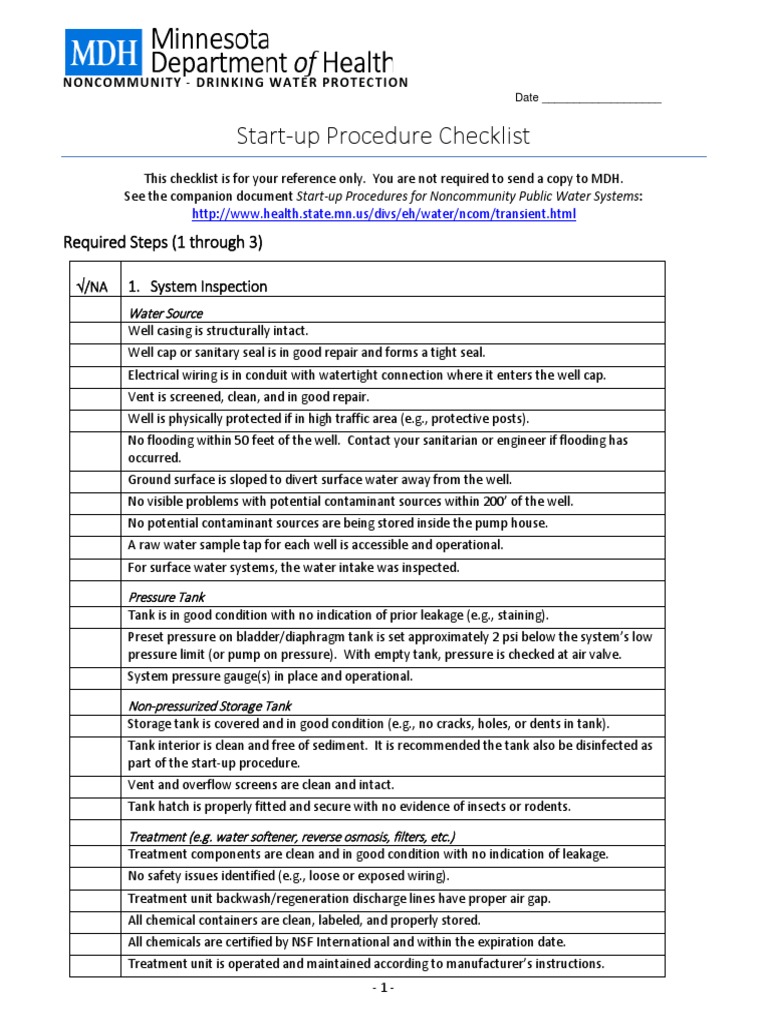

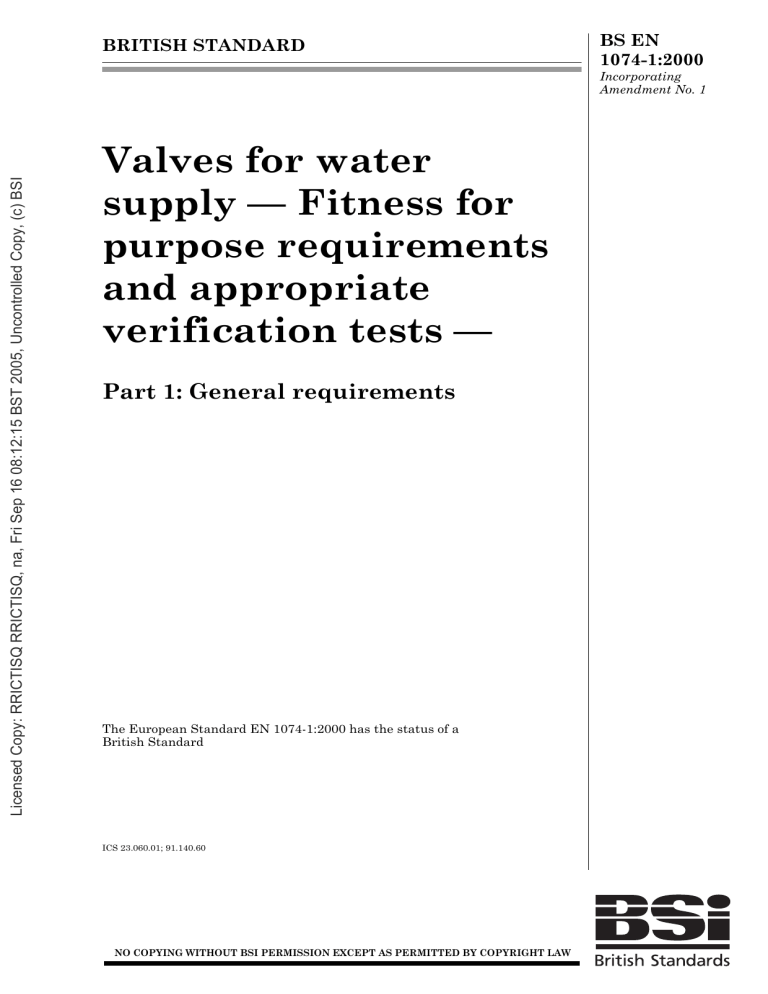
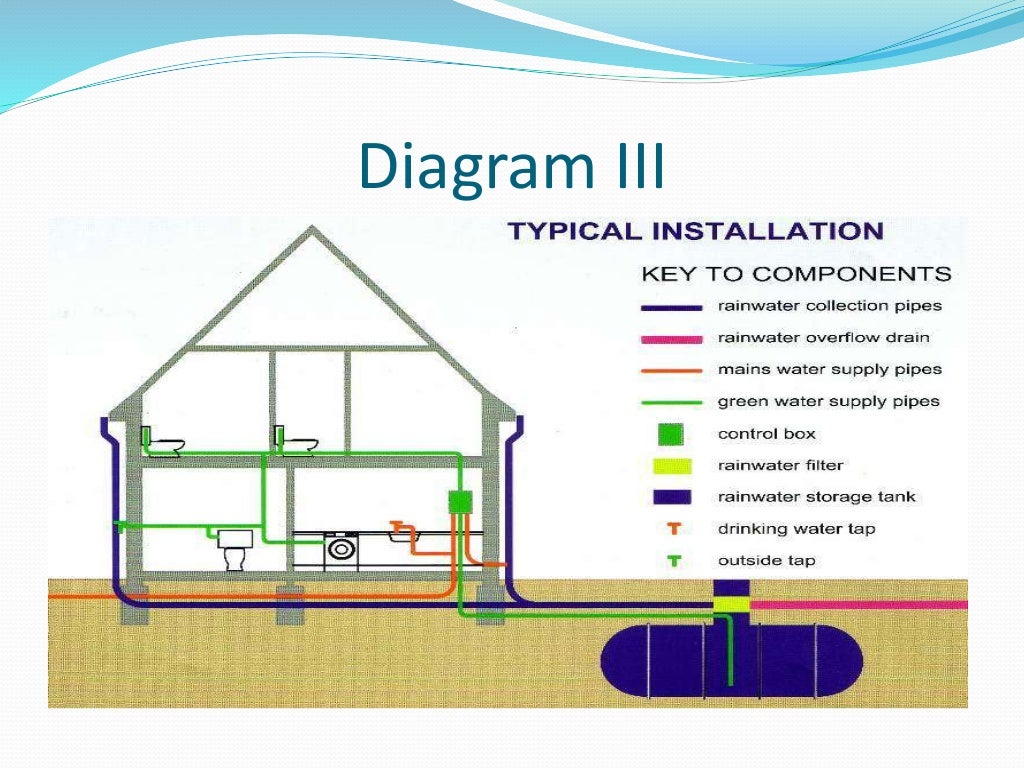





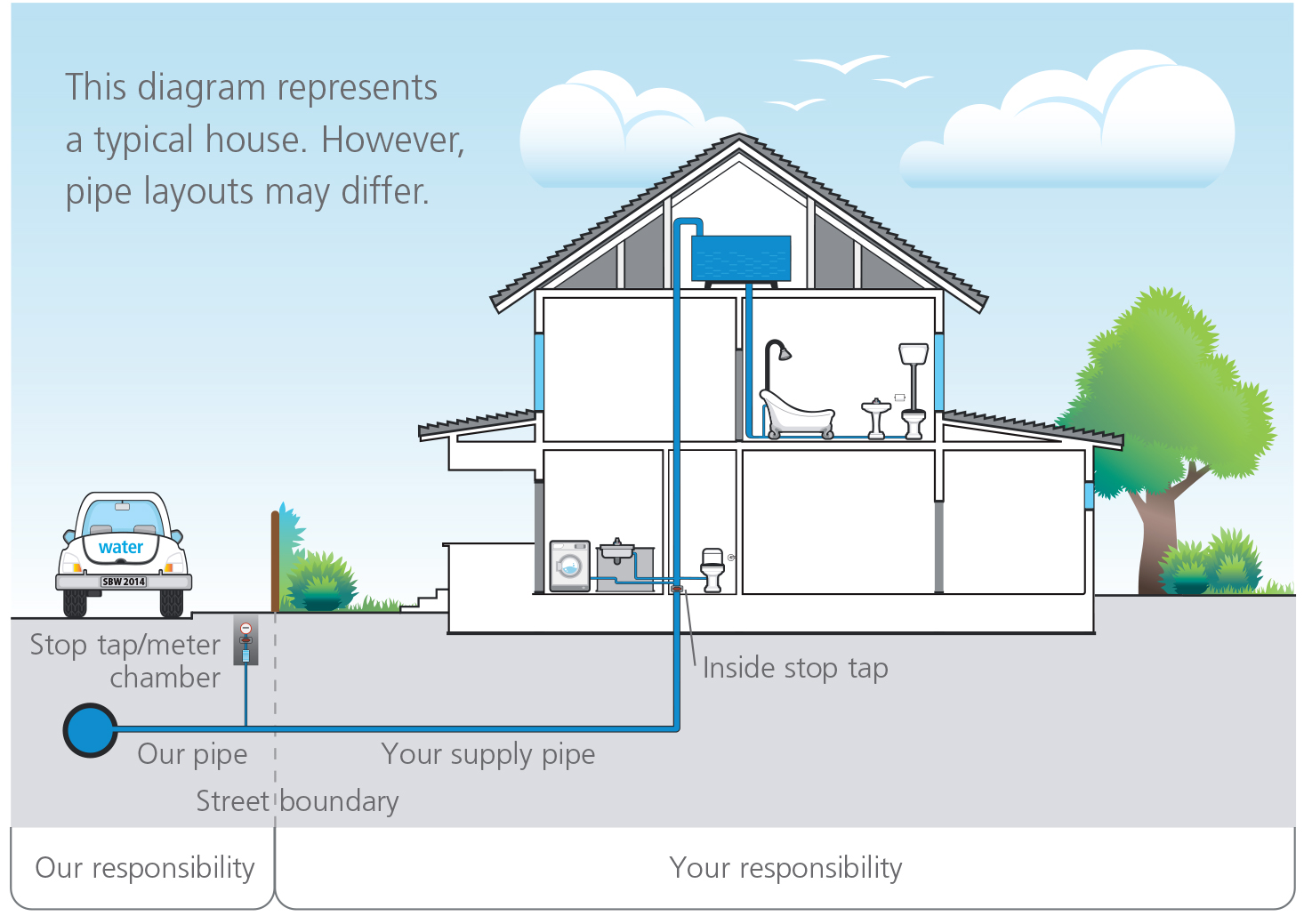



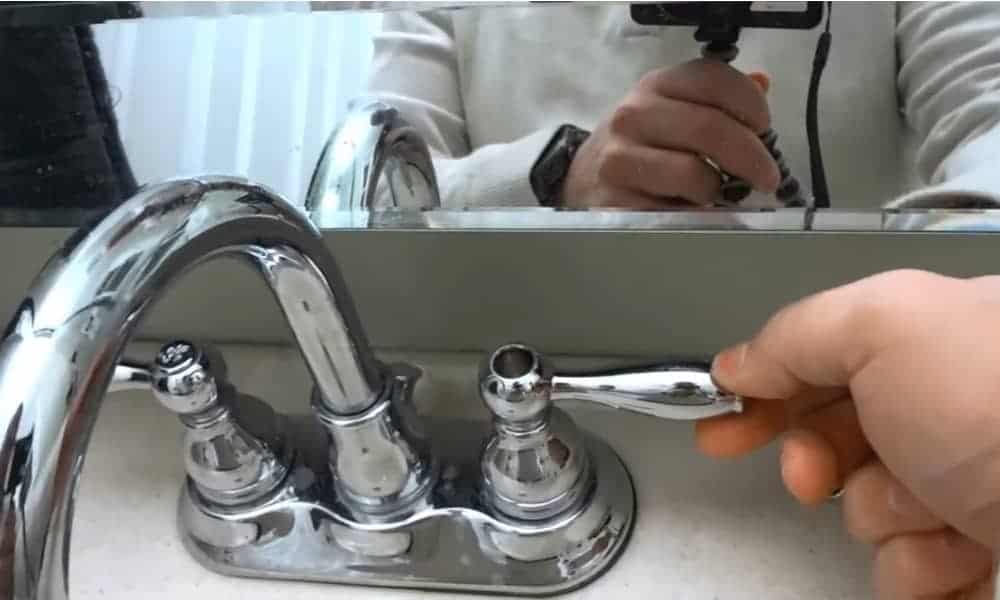
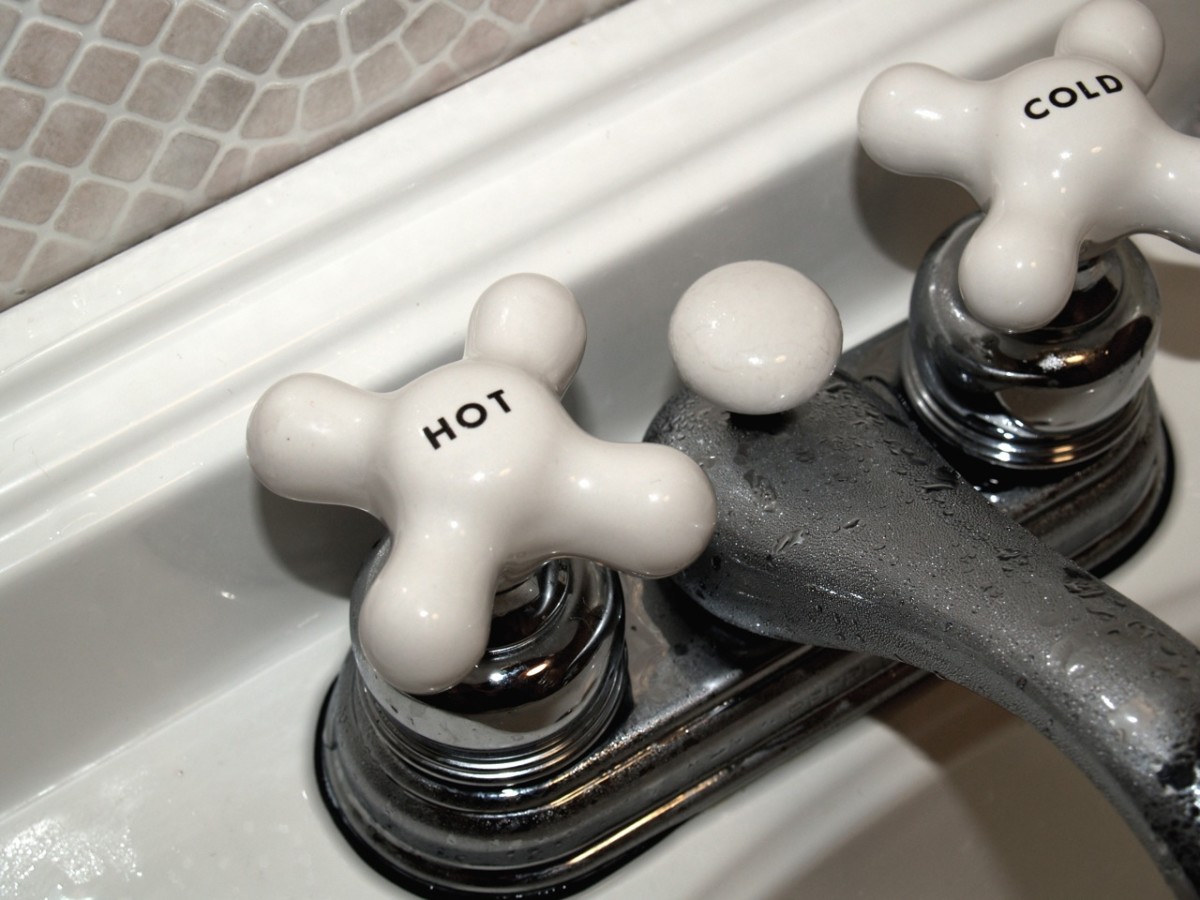

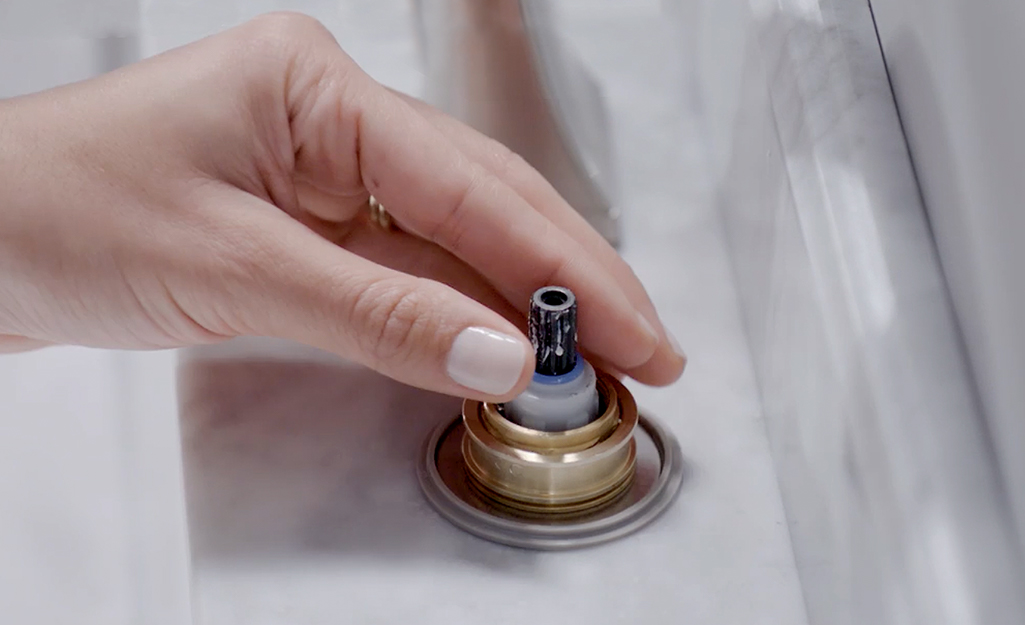
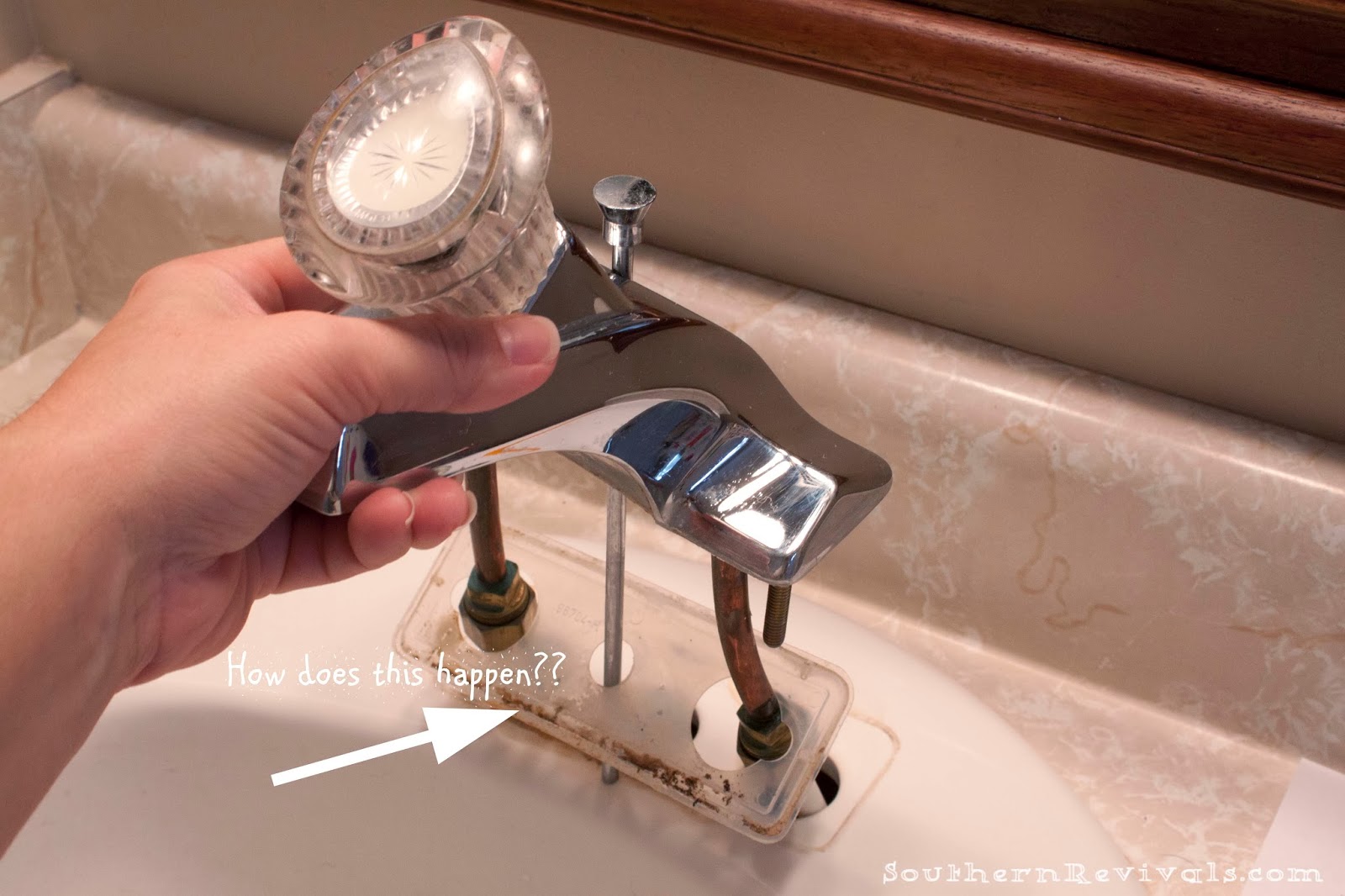
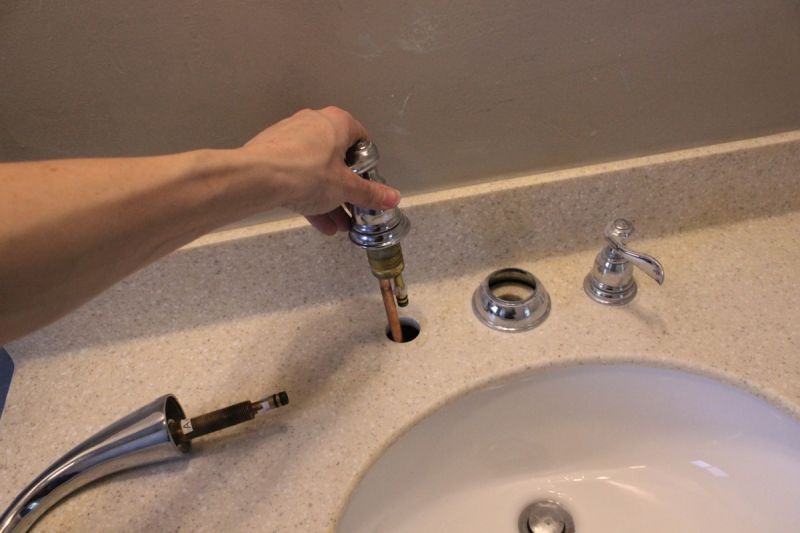
/fixing-a-tap-459986221-5afc675431283400371f7872.jpg)
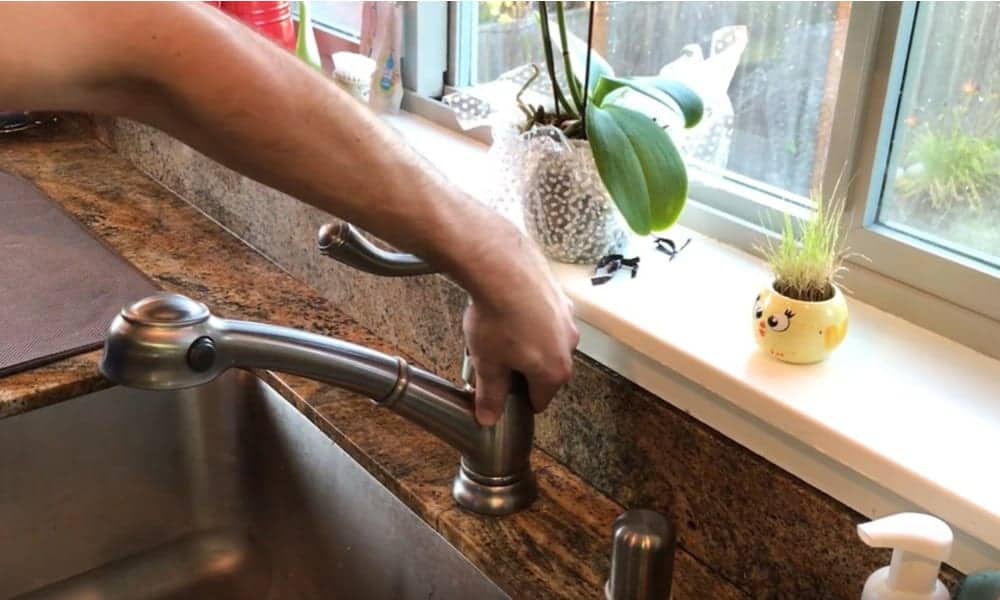
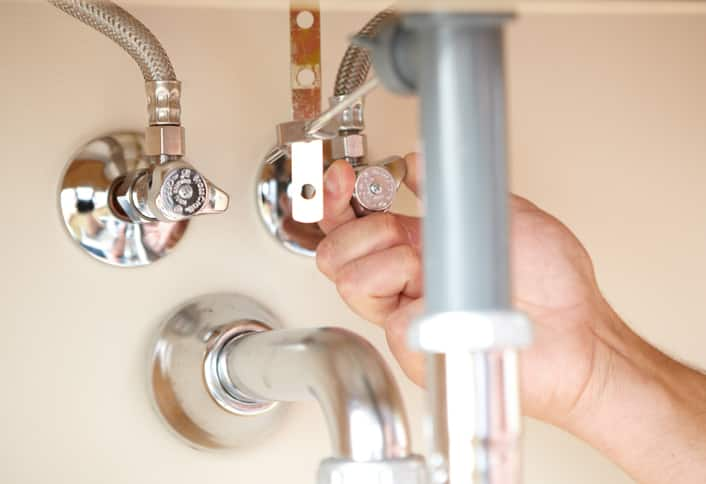


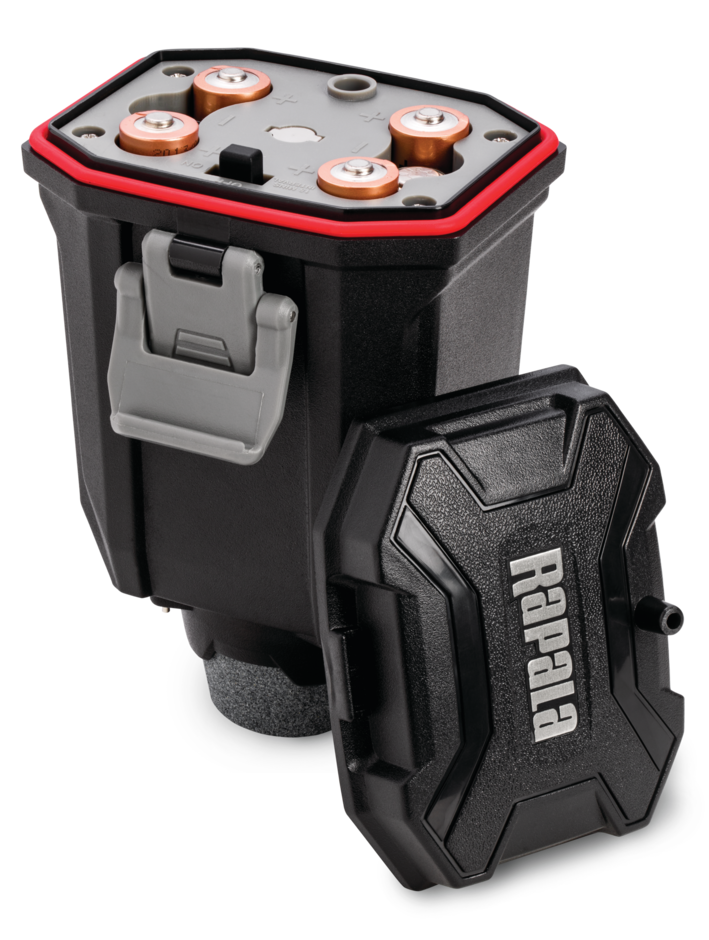
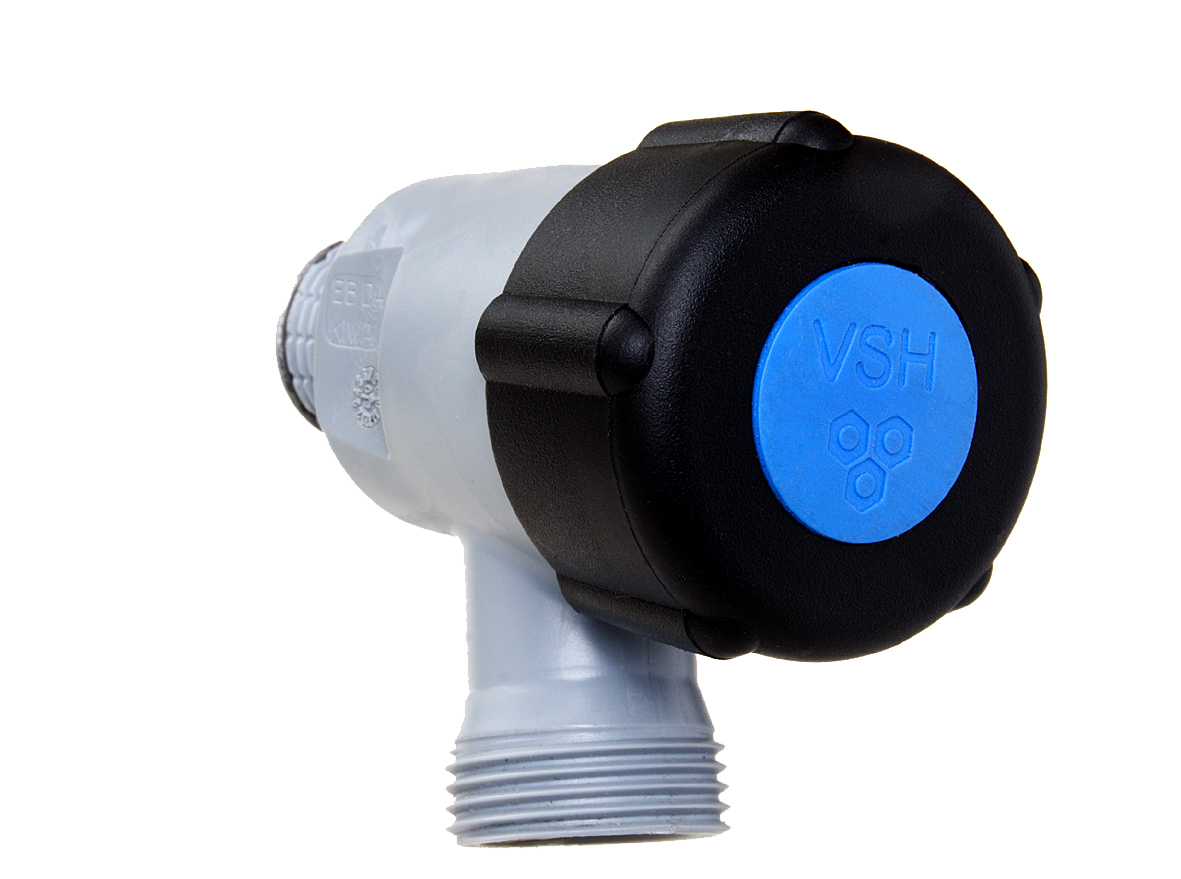







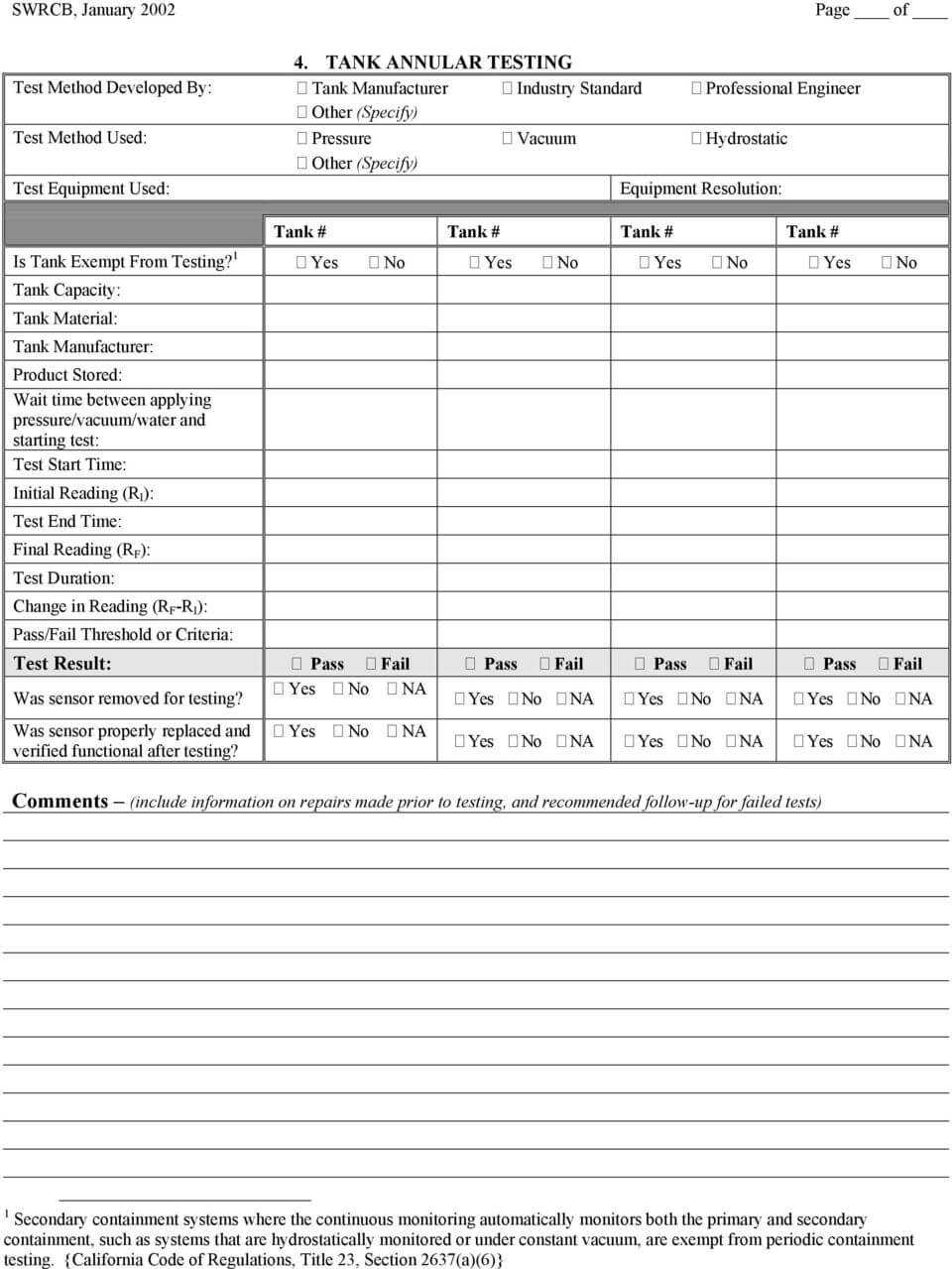
/93097679-56a73c295f9b58b7d0e81657.jpg)
:max_bytes(150000):strip_icc()/testing-water-pressure-in-your-home-2718692-04-c37ab3236d0d4b61b87079ebf9ef823e-c1e1ef0104fb44778a287bd9bb5ec140.jpeg)
/testing-water-pressure-in-your-home-2718692-hero-98f45508ca5d44b6b551034ac5cedab5.jpg)
:max_bytes(150000):strip_icc()/the-men-s-hand-opens-the-ball-valve-on-the-collector-1006810456-5c5fc73fc9e77c000159c4af.jpg)

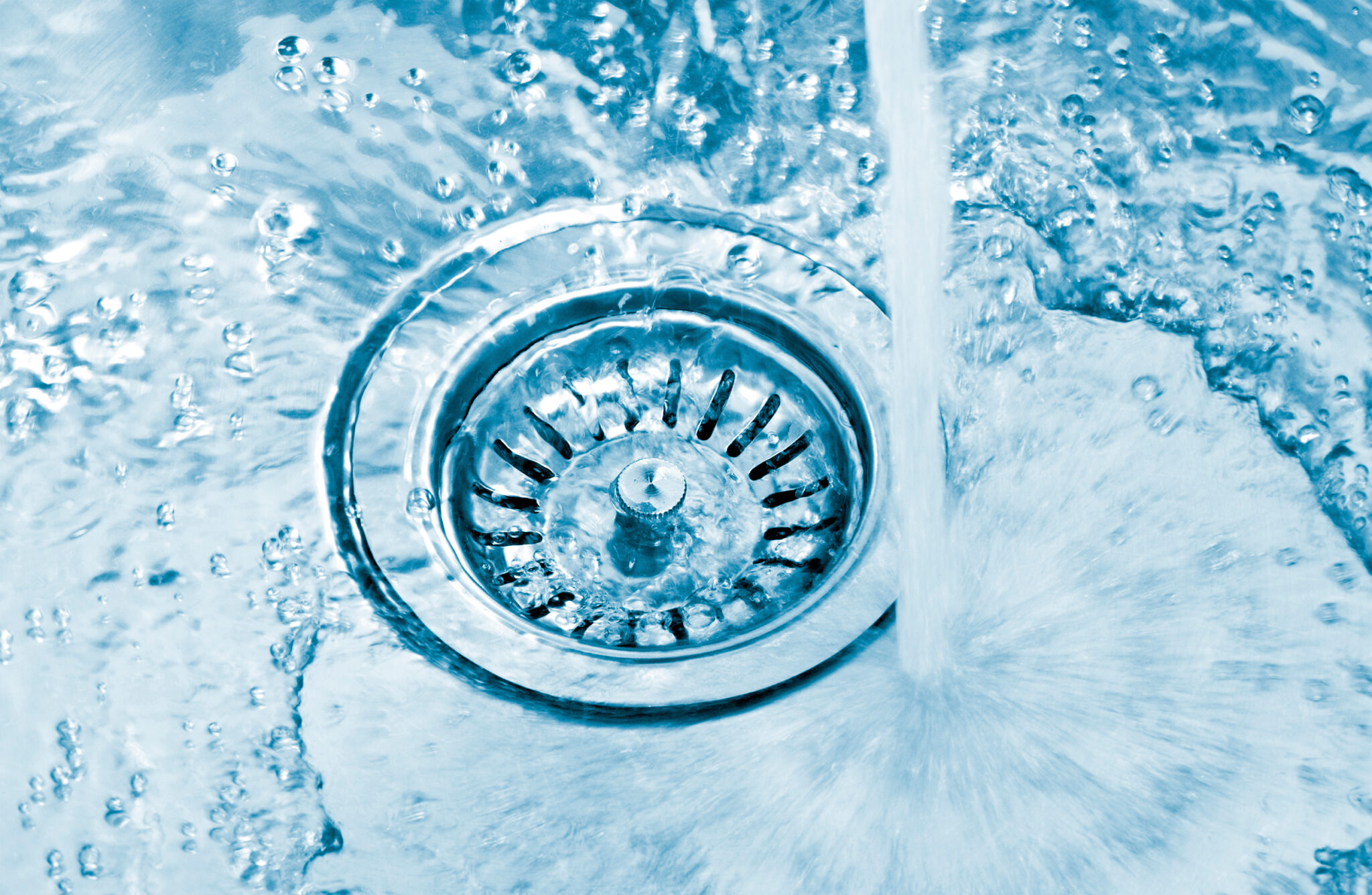

/JodiJacobson-waterpressure-5b9bf850c9e77c0050a2d8aa.jpg)

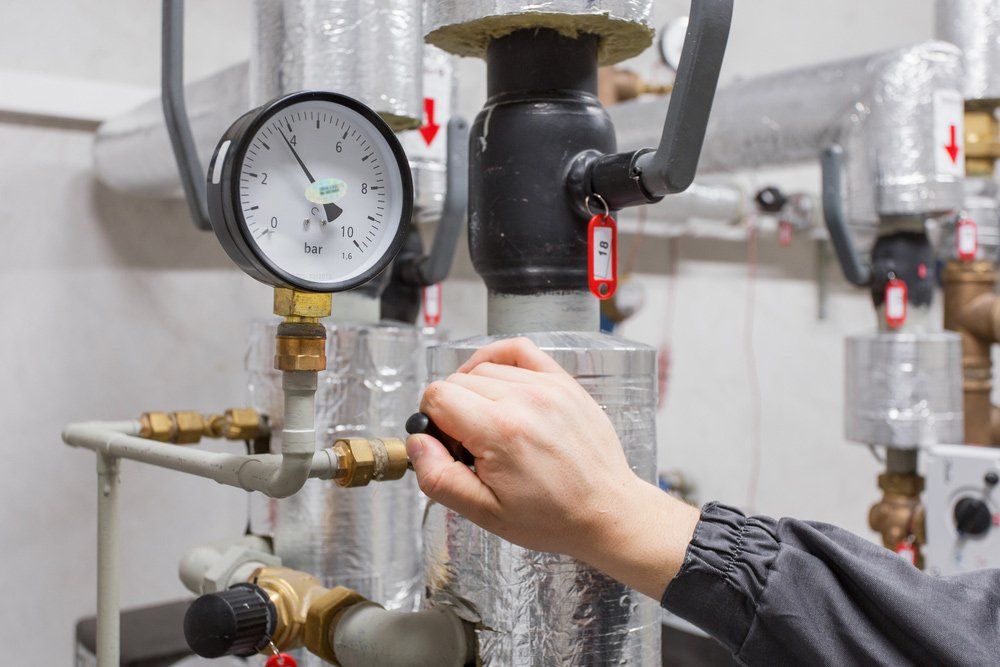



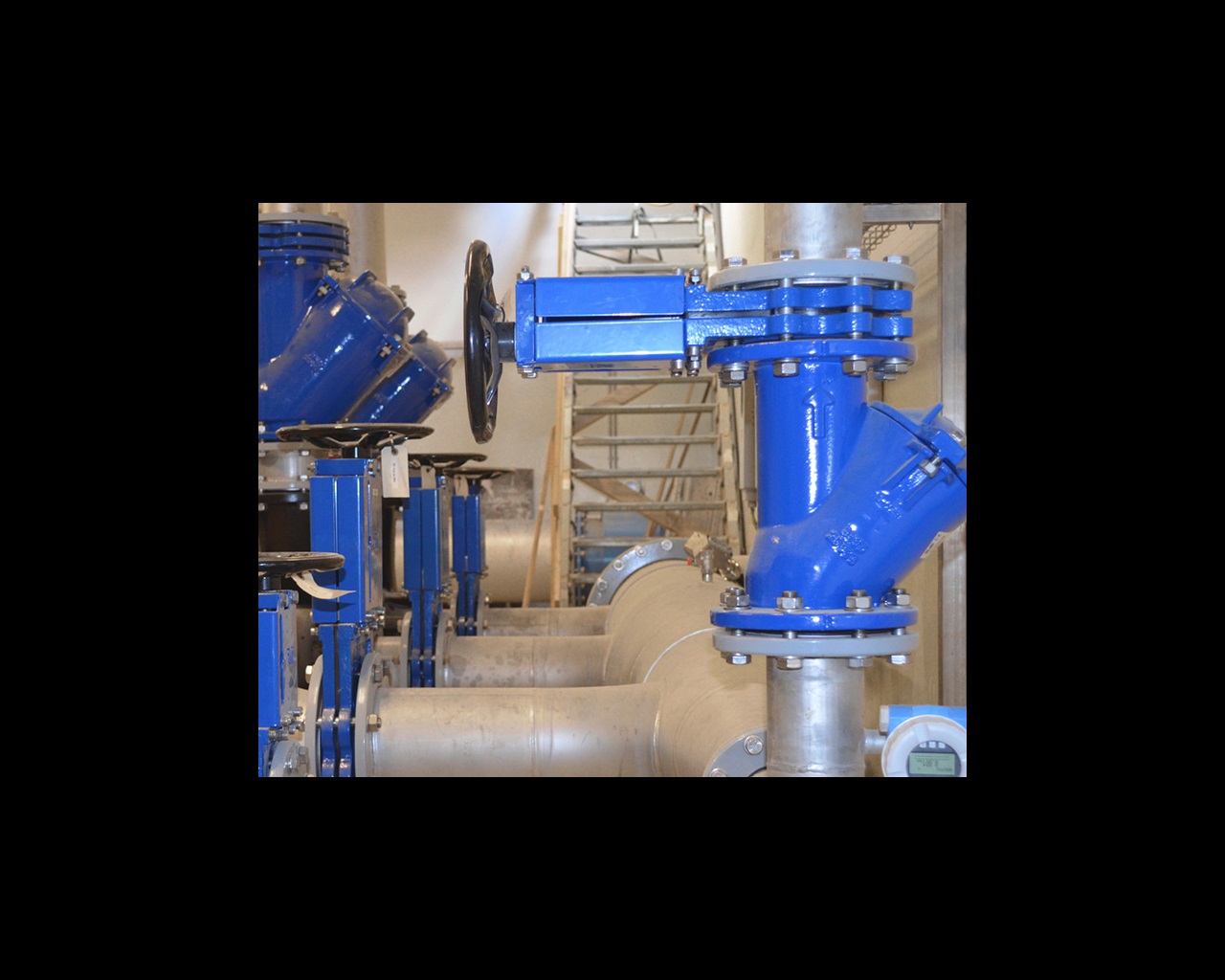


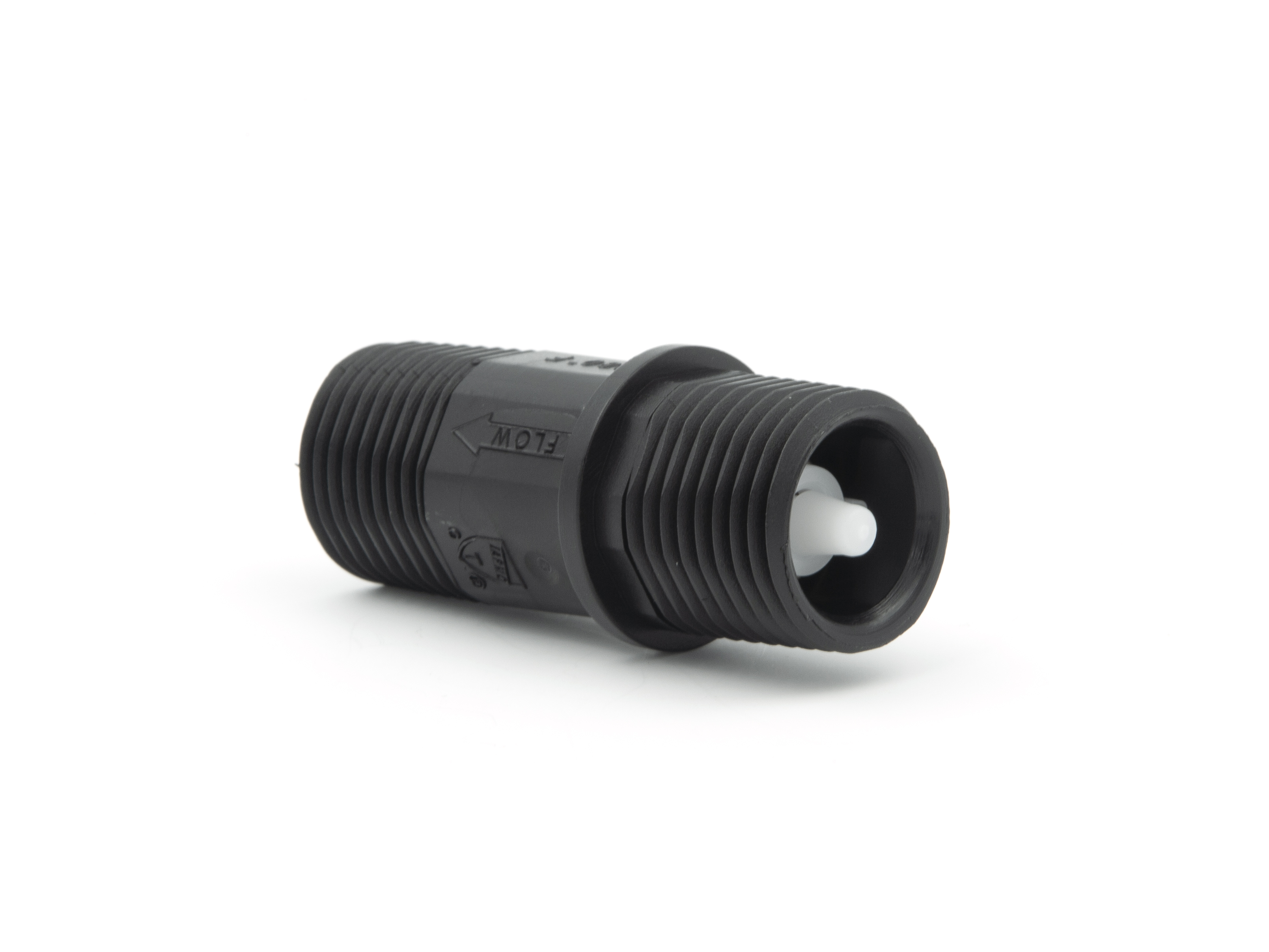
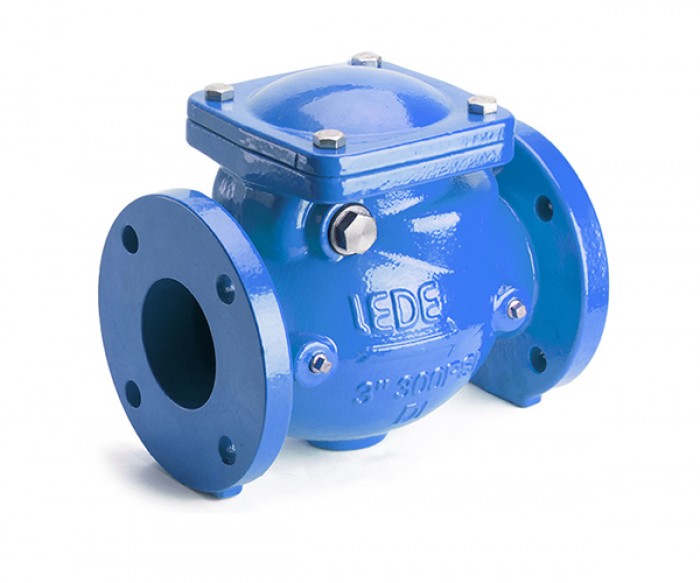
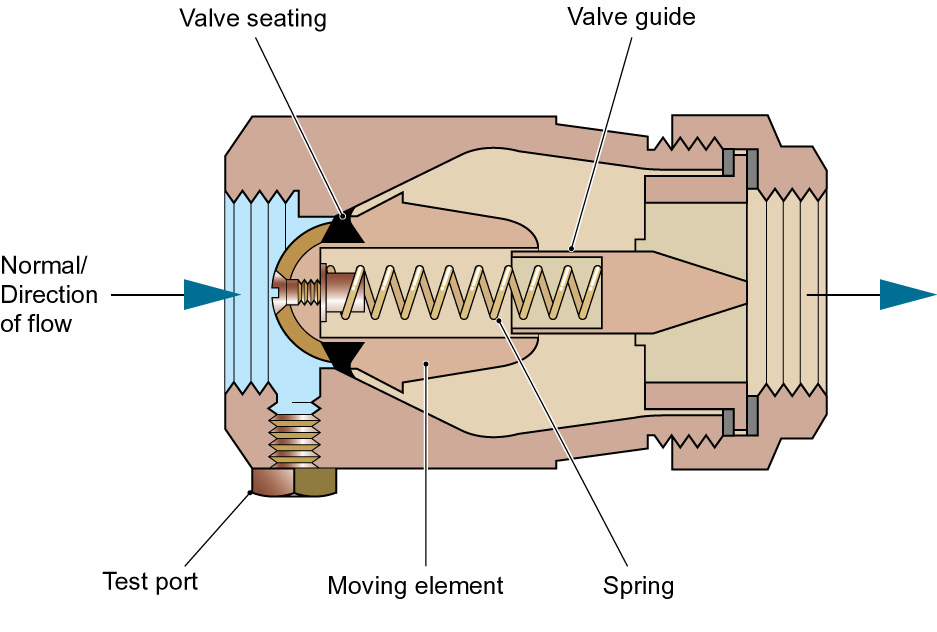
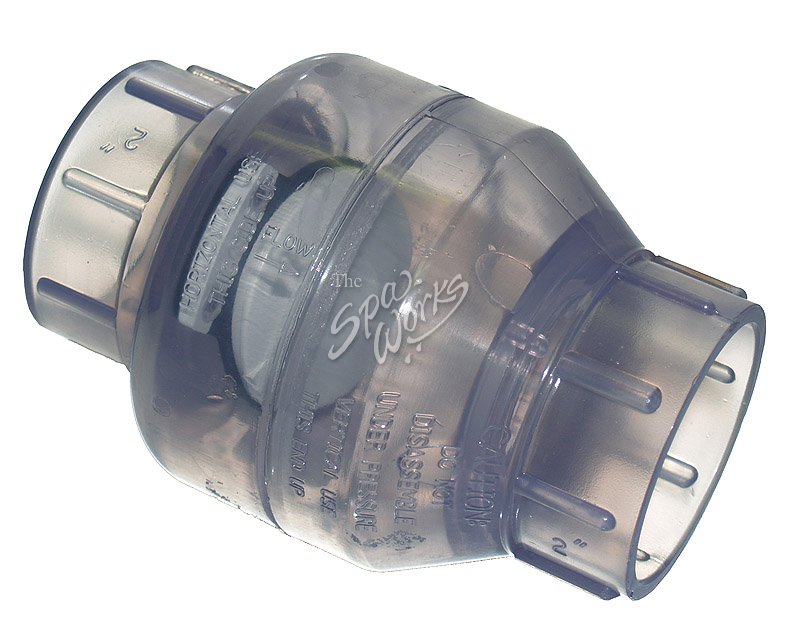



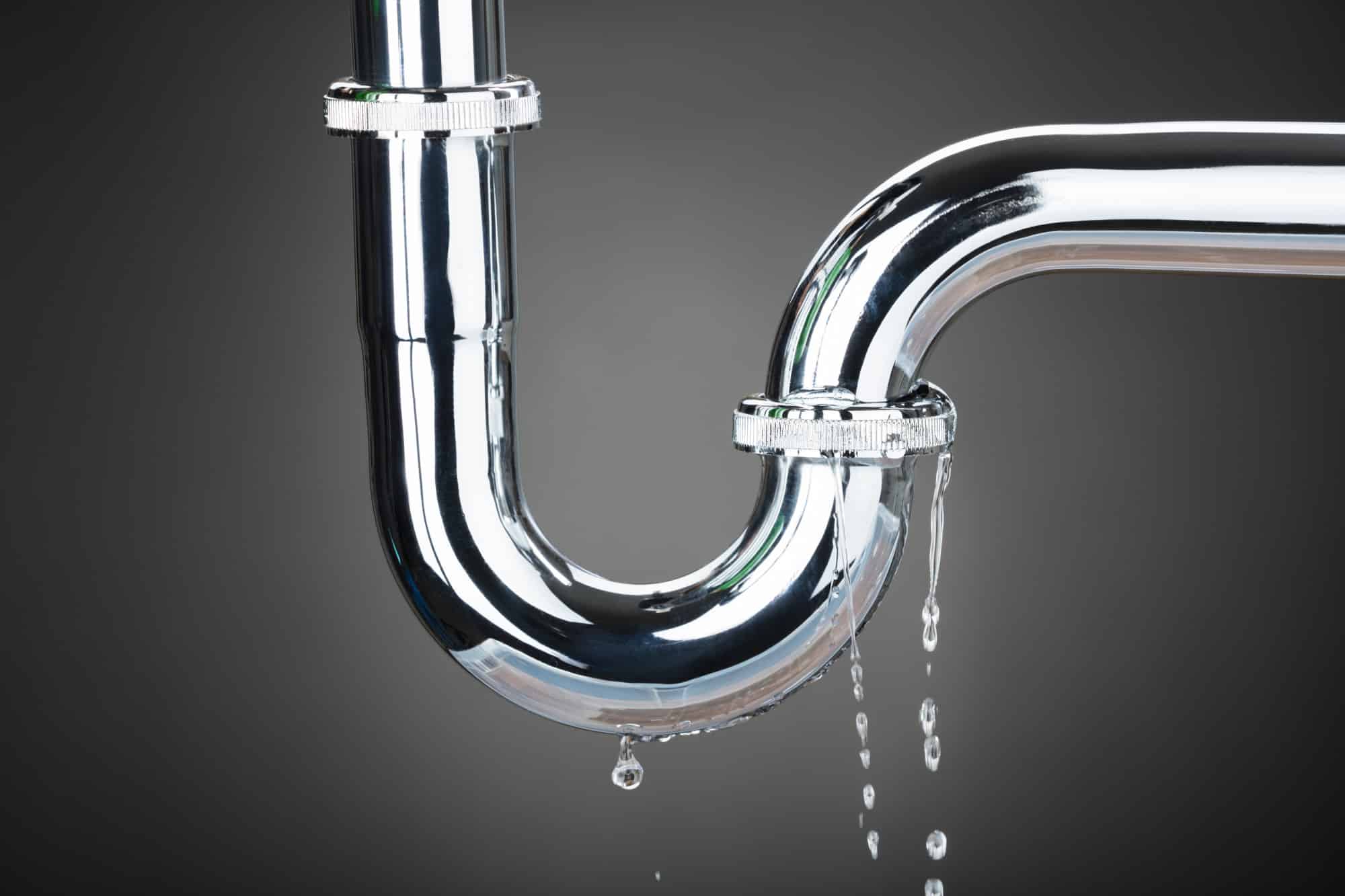



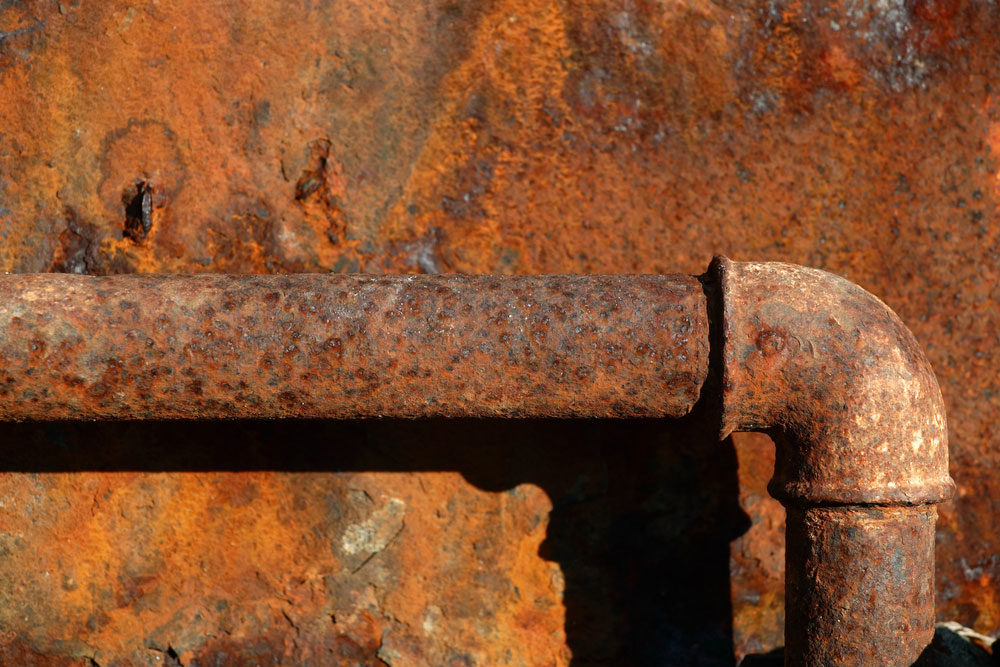









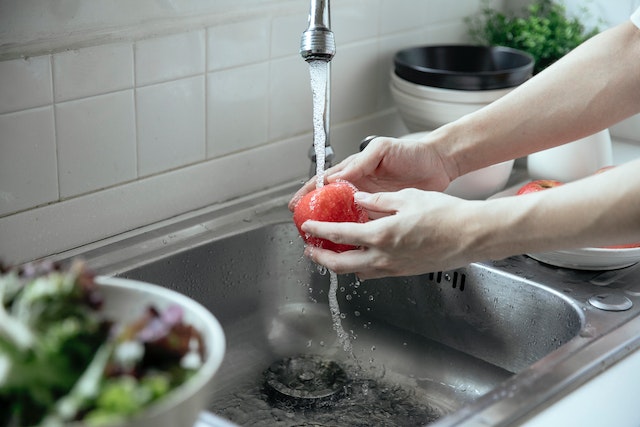
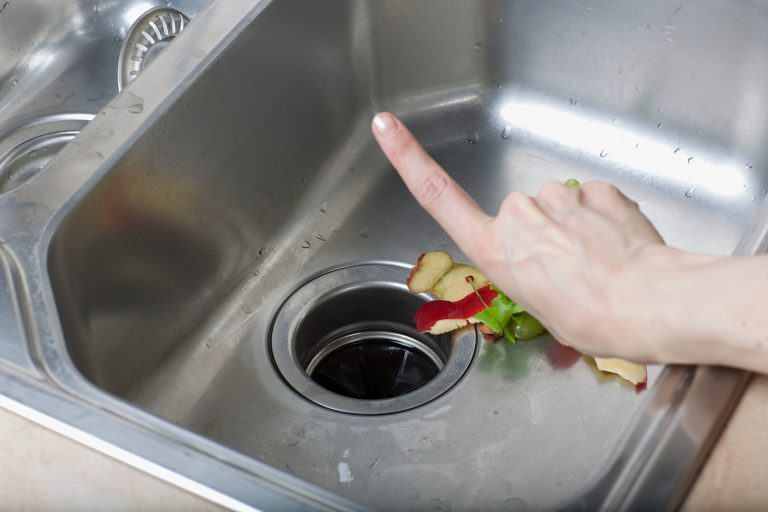









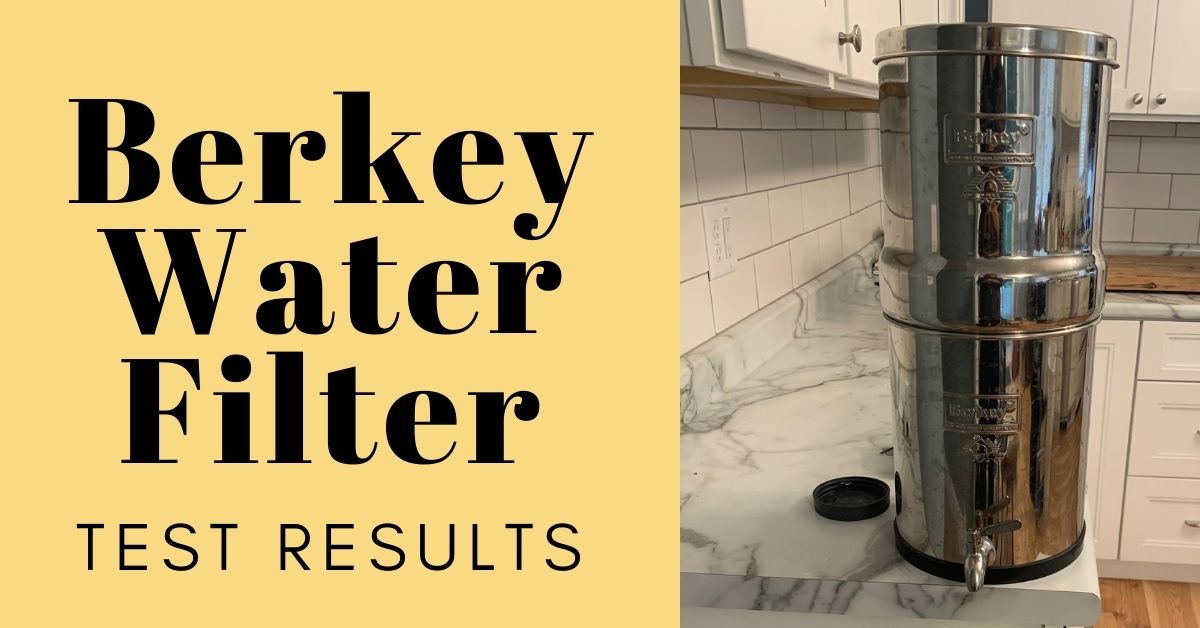
/cdn.vox-cdn.com/uploads/chorus_image/image/63879746/WaterFilter_2.0.jpg)
